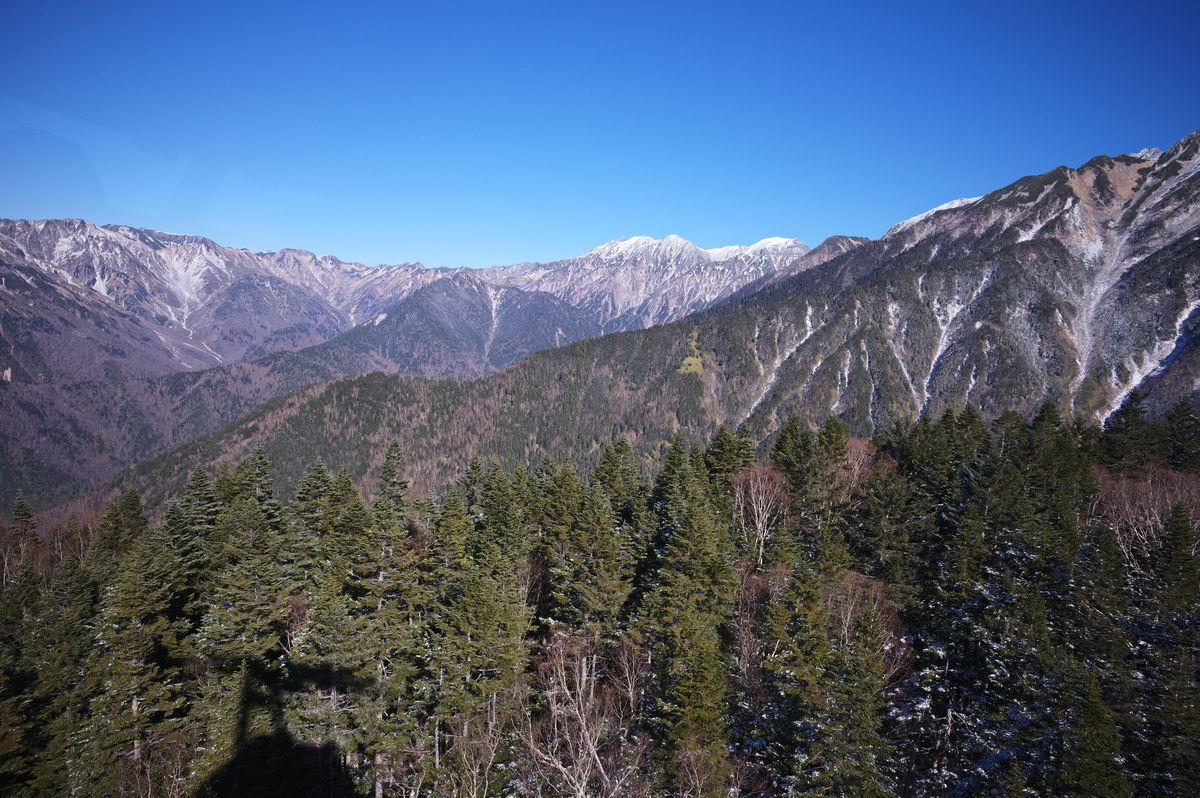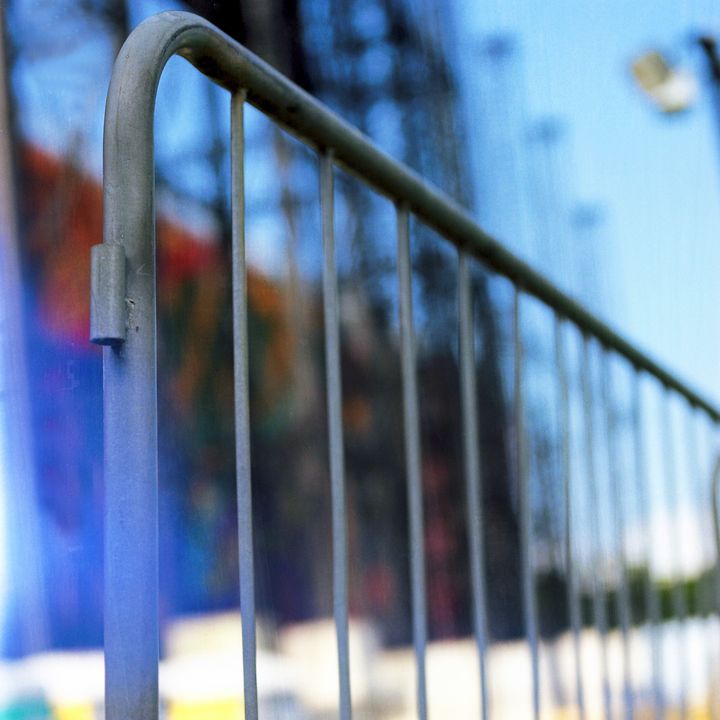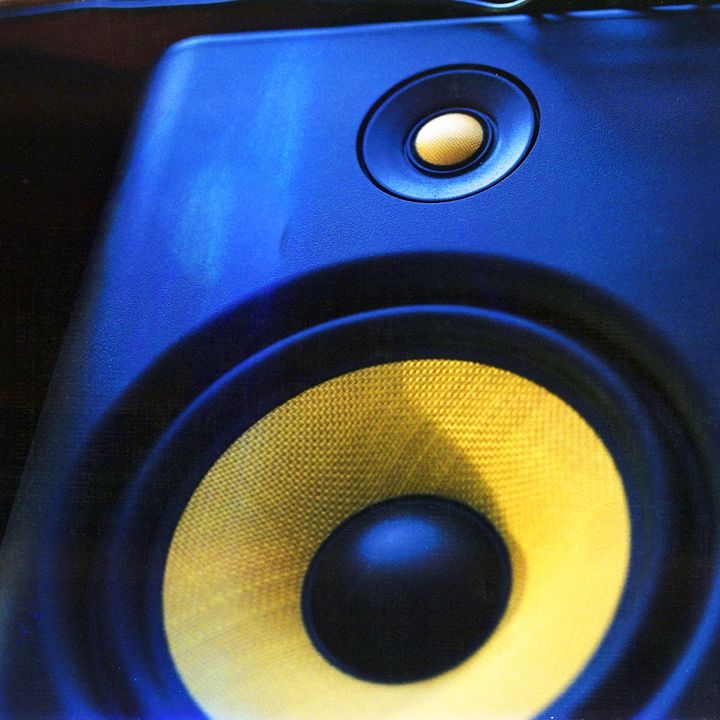QT 18/02/2025 Tue. Isaiah 7. Trust. In What? In Who? 信任:信什么?信任谁?

QT 18/02/2025 Tue. Isaiah 7. Trust. In What? In Who?
READ http://www.esvbible.org/isaiah7
The 2024 US elections are done, but the Singapore one is upcoming. With potential changes in politics, economics and even technology (e.g., AI and DeepSeek price volatility), what can citizens in the various parts of the world put their trust in, to preserve and protect what they value? Do you trust in a thing or a person? Is it in a particular president or prime minister, or a particular political party, or in a particular anti-establishment grouping?
Many modern political analyses also do not include The LORD in their methods. The answer of who one should trust in is very clear. This answer does not play with words, throw smoke, or beat around the bush. The core issue in Isaiah chapters 7–39 was trust. The options were presented—Would Isaiah's audience trust in the nations or trust in God? The key message of this segment is that those who trust in the nations will lead to destruction and desolation (Isaiah 34) while those who trust in God will find themselves in ample abundance (Isaiah 35).
During Isaiah's time, his fellow people faced the double threats of (1) Syria and (2) Northern Israel, the king of Judah (Southern Kingdom) then—Ahaz, had the chance to choose correctly. But instead of choosing the LORD, Ahaz chose to trust in their enemy of his time instead—Syria. Just like many alliances today, the alliance between Syria and the Northern Kingdom caused Ahaz's people to fear. They "shook as the trees of the forest shake before the wind" (7:2).
Isaiah 7:10–17 [10] Again the LORD spoke to Ahaz: [11] “Ask a sign of the LORD your God; let it be deep as Sheol or high as heaven.” [12] But Ahaz said, “I will not ask, and I will not put the LORD to the test.” [13] And he said, “Hear then, O house of David! Is it too little for you to weary men, that you weary my God also? [14] Therefore the Lord himself will give you a sign. Behold, the virgin shall conceive and bear a son, and shall call his name Immanuel. [15] He shall eat curds and honey when he knows how to refuse the evil and choose the good. [16] For before the boy knows how to refuse the evil and choose the good, the land whose two kings you dread will be deserted. [17] The LORD will bring upon you and upon your people and upon your father’s house such days as have not come since the day that Ephraim departed from Judah—the king of Assyria!” (ESV)
Isaiah informed that Ahaz could ask for a sign from the LORD. Ahaz's reply "I will not put the LORD to the test" (7:12b) was Ahaz's excuse not to receive the sign from the LORD even though it sounded right. The prophet's reply in v. 13 correctly interpreted Ahaz's lack of trust in the LORD. Nevertheless, Isaiah prophesied that before that child "knows how to refuse the evil and choose the good" (7:15), i.e., within the next few years, the alliance of the two-kings which Ahaz feared would be gone.
History proved the prophet's utterance as right. In fact, the alliance which Ahaz feared was nothing more than "two smoldering stumps of firebrands" (7:4), meaning that they would be extinguished soon. Furthermore, this two-nation alliance would be gone because the LORD would do this—
Isaiah 7:18–19 [18] In that day the LORD will whistle for the fly that is at the end of the streams of Egypt, and for the bee that is in the land of Assyria. [19] And they will all come and settle in the steep ravines, and in the clefts of the rocks, and on all the thornbushes, and on all the pastures. (ESV)
For the LORD, this monumental task of summoning superpowers would just be a "whistle" (7:18). The LORD would, in His sovereignty, tap on the superpower of those days—Assyria, to extinguish the current threat from the two-nation alliance. They should have trusted the LORD, instead of human or national alliances. They should have feared the LORD, rather than shake with fear when confronted by others.
REFLECTION: It is so simple, yet so important today—whom do you trust?
QT 18/02/2025 星期二. 以赛亚书 7. 信任:信什么?信任谁?
阅读 http://m.bbintl.org/bible/ncv/isa/7
2024年美国大选已经结束,但新加坡大选即将到来。在政治、经济甚至技术(如人工智能和 DeepSeek 价格波动)都可能发生变化的情况下,世界各地的公民可以信任什么来维护和保护他们所珍视的东西?你信任的是一东西还是一个人?是信任某个总统或总理,还是信任某个政党、党派,抑或是信任某个反建制团体?
这种非常现代的政治分析,无论 “专家 ”使用何种成本/收益分析方法,如果都没有将耶和华排除在外,它有一个非常明确的答案。这个答案不玩弄文字游戏,不抛出烟雾弹,也不拐弯抹角。《以赛亚书》第 7-39 章的核心问题是“信任”。以赛亚的听众有两种选择--是相信列国还是相信上帝?这一部分的关键信息是,信靠列国的人会走向毁灭和荒凉(以赛亚书第 34 章),而信靠上帝的人会发现自己丰衣足食(以赛亚书第 35 章)。
在以赛亚的时代,当他的同代人面临(1)叙利亚和(2)以色列北国的双重威胁时,当时的犹大(南国)国王亚哈斯有机会做出正确的选择。但是,亚哈斯没有选择耶和华,而是选择了相信他们当时的敌人--叙利亚。就像今天的许多联盟一样,叙利亚和北国之间的联盟让亚哈斯的百姓感到恐惧。他们 “心就都震动,像林中的树被风摇动一样”(7:2)。
《以赛亚书》7:10-17 耶和华又告诉亚哈斯说:11 “你向耶和华你的 神求一个兆头,或求显在深处,或求显在高处。” 12 但亚哈斯说:“我不求,我不试探耶和华。” 13 以赛亚说:“大卫家啊,你们要听!你们使人厌烦还算小事,还要使我的 神厌烦吗? 14 因此主自己必给你们一个兆头:看哪!必有童女怀孕生子;她要给他起名叫‘以马内利’。15 到他晓得弃恶择善的时候,他必吃乳酪和蜂蜜。16 因为在这孩子晓得弃恶择善之先,你所畏惧的那两个王之地,早就被弃绝了。17 “耶和华必使灾难的日子临到你和你的人民,以及你的父家,自从以法莲脱离犹大以来,未曾有过这样的日子,就是亚述王的入侵。”
以赛亚告诉亚哈斯可以求耶和华的一个兆头。亚哈斯的回答 “我不求,我不试探耶和华”(7:12b)是亚哈斯不接受耶和华的答案的借口,尽管这听起来是对的。先知在第 13 节中的回答正确地解释了亚哈斯对耶和华缺乏信任。然而,以赛亚预言,在那个孩子 “晓得弃恶择善的时候”(7:15)之前,也就是在接下来的几年里,亚哈斯所担心的双王联盟将不复存在了。
历史证明先知的话是正确的。事实上,亚哈斯所担心的联盟不过是 “两个冒烟的火把头”(7:4),这意味着它们很快就会熄灭。此外,这个两国联盟会消失,因为耶和华会这样做
以赛亚书 7:18-19 [18] 到那时,耶和华必发出哨声,把埃及河流尽头的苍蝇和亚述地的蜂子召来。19 它们都必飞来,落在荒谷中、岩石的穴里、一切荆棘丛中和所有的草场上。
对耶和华来说,这项召唤强国的艰巨任务不过是 吹个口哨而已, “发出哨声”(7:18)。耶和华将以祂的主权,利用当时的超级大国--亚述来消除两国联盟目前的威胁。他们本应相信耶和华,而不是人类或国家联盟。他们应该敬畏耶和华,而不是在别人面前战战兢兢。
反思:这句话如此简单,但在今天却如此重要--你信靠谁?


